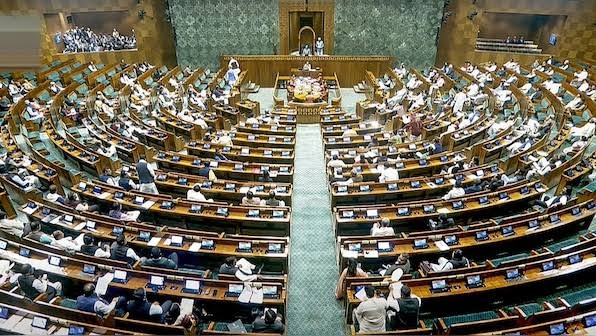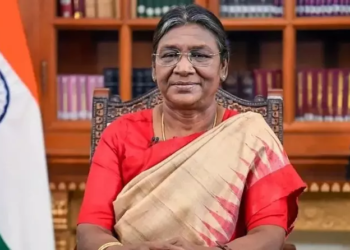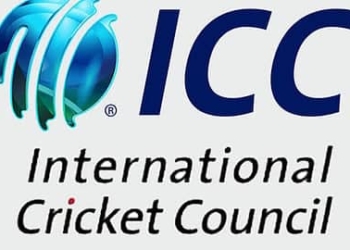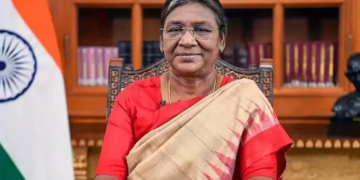The Rajya Sabha passed the Waqf (Amendment) Bill, 2025, in the early hours on Friday following a lengthy and intense debate in the Upper House, which saw the contentious bill getting a nod by a majority of 128 votes against 95.
The bill was cleared by the Rajya Sabha just a day after it was passed in the Lok Sabha following a marathon debate that lasted for almost 12 hours.
A day after Union Home Minister Amit Shah and Parliamentary Affairs Minister Kiren Rijiju made a strong case for the Waqf (Amendment) Bill in the lower house of the Parliament, Leader of Rajya Sabha and Union Minister J.P. Nadda led a passionate debate in the Rajya Sabha on the bill while slamming the Opposition.
The debate that began on Thursday ended with the majority of members voting for the bill on Friday. Following the clearance from both houses, the bill will now be required to be sent to President Droupadi Murmu for her assent to become law. J.P. Nadda came down heavily on the Congress for its handling of the Waqf Act, accusing the grand old party of enacting the law in a way that allegedly facilitated land mafias.
Speaking in the Upper House on Thursday, J.P. Nadda passionately defended the proposed amendments to the Waqf Act, stressing the urgent need for reform to protect national interests and prevent the misuse of Waqf properties, which should serve the welfare of poor Muslims.
Spotlighting the national importance of the issue and the need for in-depth deliberation, J.P. Nadda drew attention to the formation of a Joint Parliamentary Committee (JPC) under the Prime Minister Narendra Modi-led government.
Comprising 31 members, the committee has facilitated over 200 hours of debate on the bill. This, he pointed out, stands in stark contrast to the JPC setup during the UPA government in 2013, which had only 13 members and lacked the same level of commitment.
J.P. Nadda asserted that democracy thrives on meaningful discourse and the inclusion of diverse perspectives, rather than simply accepting a single viewpoint. Underscoring its national significance and the imperative for focused deliberation, the leader of Rajya Sabha, the leader of the House, highlighted the formation of a Joint Parliamentary Committee (JPC) under the PM Modi-led government, which comprised 31 members and facilitated an extensive 200 hours of debate on the Bill.
This, he noted, was a marked improvement over the JPC established during the UPA government in 2013, which had only 13 members and lacked the same level of commitment. He emphasised that democracy thrives on logical discourse and the inclusion of diverse perspectives, rather than the mere acceptance of a singular viewpoint.
Sharing insights from Jagdambika Pal, J.P. Nadda revealed that the JPC under the PM Modi-led government convened 36 meetings, consulted 284 stakeholders, and visited 10 different locations to gather comprehensive input on the Waqf Bill. “In contrast, the UPA-era JPC engaged with only 18 stakeholders, reflecting a lack of thoroughness,” he pointed out.





























